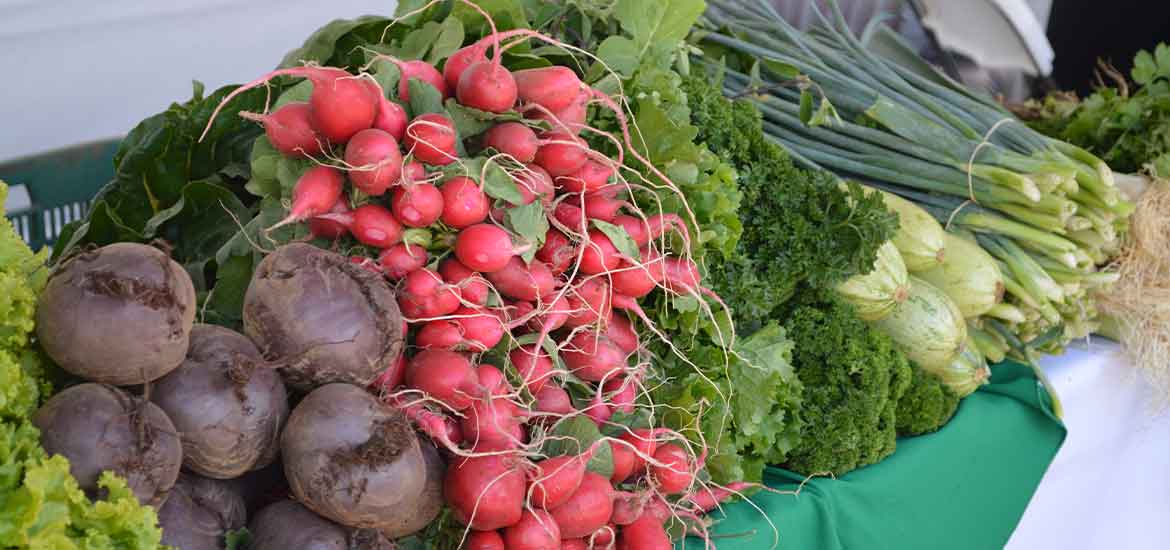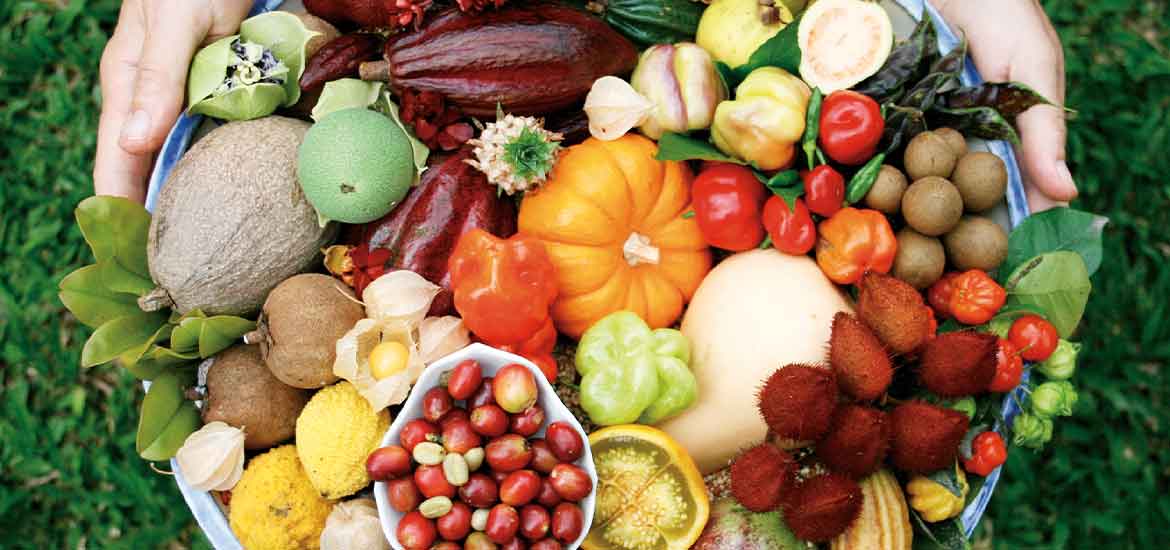Agrobiodiversity and Food Security Unit (AFS)


Food security is one of the main challenges of this century at a global level. By 2050, the world will require increased food production to meet the needs of a population approaching nine billion people and this must be achieved even in the face of the challenges of new consumption patterns, the impact of climate change and the limitations of access to water and soil resources.
Nutritional food security is a state in which all people enjoy, in a timely and permanent manner, physical, economic, and social access to the food they need, in quantity and quality, for its adequate consumption and biological use, guaranteeing them a state of general well-being that contributes to the achievement of its development (FAO-PESA, 2011).
Food crises are increasingly acute and complex and will require innovative strategies to prevent and address them. Food systems require major adjustments that consider the sustainable use and conservation of natural resources, as well as supporting the livelihoods of small and medium-scale producers around the world.
In Latin America and the Caribbean, more than 47 million people suffer from hunger. This is 7% of the total population of the region (FAO, 2020), which poses an unprecedented challenge in a context of health crisis and climate change, which severely affects the most vulnerable populations, where hunger is intrinsically linked to economic poverty, limited access to water and soil resources, and loss of biodiversity related to agriculture and food.
Of the more than 6000 species of plants estimated on the planet, only 30 are used to produce conventional food and three (rice, wheat, corn) provide more than 50% of the food energy we consume (FAO, 2018).
Biodiversity associated with agriculture and food (agrobiodiversity) is essential to guarantee a varied and nutritious diet, while generating important ecological and socio-economic benefits linked to adaptation to climate change, conservation of natural resources, carbon sequestration and specially food and nutrition security.
- What we at CATIE offer in agrobiodiversity and food security
It is important to note that, in response to the prevailing need to identify innovative routes for the transformation of current food systems towards sustainable, resilient and inclusive systems, the Agrobiodiversity and Food Security Unit of CATIE's Inclusive Green Research and Development Division was born.
Through research for development, implementation and promotion of agroecological, agroforestry and other good practices associated with sustainable agriculture, which integrate the rational use and conservation of natural resources, at CATIE we promote both innovation and the rescue of ancestral knowledge with the following objectives:
- Increase resilience to adverse climatic, biological and economic events in the territories.
- Promote the generation of varied and nutritious food, as well as its availability and equitable access.
- Promote inclusive participation of youth and women in productive and economic practices, and in farm and family decision-making.
- Promote the responsible and efficient use of genetic resources.
- Promote family farming, agroforestry, integrated agricultural systems and good agricultural practices.
- Generate relevant and appropriate information on actions for the use and conservation of genetic resources (in situ and ex situ) necessary to ensure sustainable food production and safeguard availability for future generations.
- Investigate, validate and promote varieties and genetic selections of crops adapted to agroclimatic conditions.
At the same time, we strengthen institutional capacities for the validation and scaling of good agricultural practices, participatory designs and implementation of strategies adapted to the agroecological conditions of the territories and the socioeconomic and cultural characteristics of families and communities, integrating multiple local, national, and international organizations on an interdisciplinary perspective.
Profile of CATIE researchers working in these areas
Among the profiles of CATIE researchers working in these areas are: agronomists, foresters, agroecologists, plant pathologists, nutritionists, biologists, food technologists, socioeconomists, and plant breeders.
Success story
For more than 70 years, the many CATIE technicians and students dedicated to the subject of agrobiodiversity have contributed countless publications and theses on the characterization and current and potential utility of the crops conserved in our collections or in the hands of farmer families from the whole region. These publications include assessments of the potential of underutilized - or forgotten - crops to contribute to food security and sovereignty under climate change.
Together, both the crop collections themselves and the knowledge about them constitute an invaluable treasure for humanity, reflected by the inclusion of such public collections under the international umbrella of the Crop Diversity Trust and FAO. At CATIE we work for this cause, as we are aware that it is everyone's responsibility to contribute to the preservation of this legacy.
For more information you can contact:
Reinhold Muschler, Ph.D. (rmuschler@catie.ac.cr)
References:
FAO, FIDA, OPS, WFP y UNICEF. 2020. Panorama de la seguridad alimentaria y nutrición en América Latina y el Caribe 2020. Santiago de Chile. https://doi.org/10.4060/cb2242es
FAO-PESA Centroamérica. 2011. Seguridad Alimentaria Nutricional, Conceptos Básicos (en línea). Recuperado de http://www.fao.org/3/a-at772s.pdf
FAO. 2018. Transforming food and agriculture to achieve the SDGs: 20 interconnected actions to guide decision-makers. Recuperado de http://www.fao.org/3/I9900EN/i9900en.pdf
